William Horton
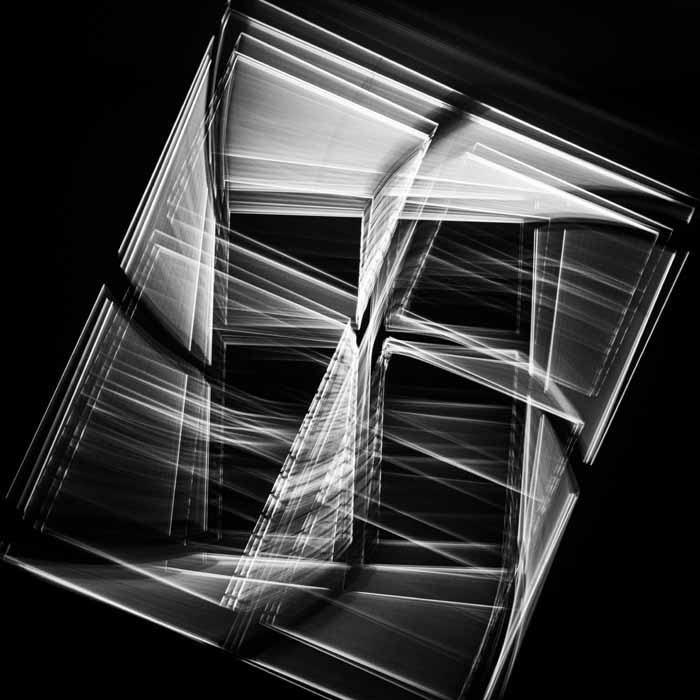
Some photographers can paint with light. William Horton creates photographs that dissolve the literal meaning of objects. His images blur into abstraction, celebrating a swirl of light and shadow.
The series of photographs entitled Shadow and Light, featured in this issue of ArtAscent, investigates abstract patterns, also displaying their materiality. What shapes, trajectories, and perspectives can sunlight create when refracting household objects? William captures them through the medium of the camera. His images capture lines of light projecting onto walls like abstract Chinese shadow plays. His pictures directly present nothing physical; everything evokes imaginary and unrecognizable forms. The photographer carefully captures light, the imperceptible element that permits the photography itself and makes it solid. William is able to give structure to this evanescent element par excellence. He creates shining architecture as if they were material structures.
William is interested in capturing the three-dimensionality of light and shadows. For this reason, he has to use an experimental technique. William does not merely observe what light projects on the wall. Rather, he zooms in and pushes the lens of his camera. He repeatedly performs various tests to achieve the desired effect. The Shadow and Light series was shot with a digital single-lens reflex camera and edited digitally. The goal is as simple as it is priceless: to make the observer’s eye more attentive, more accurate, and more inclined to read abstraction even in everyday life.
The world around us—especially its transformations and transfigurations in light—is a relevant source of inspiration for William’s photography. This is why his artistic practice can be linked more intuitively to that of painters than to that of photographers. Painters, such as the English J. M. W. Turner, abstracted natural phenomena through the medium of paint. Turner captured storms, cloudy skies, fires and glimpses of the sun to play with light and natural effects. Similarly, William’s photographs also capture the energy of brightness. His chiaroscuro-enhancing use of black and white and his focus on revealing hidden geometric patterns bring him stylistically close to the 20th-century photographer Edward Weston. Like Weston, his subjects become abstract through daring close-ups.
William Horton has experimented with photography since his first year at the Massachusetts Institute of Technology (MIT). Interested in different technologies, he worked with both film and digital photography. His work has been displayed in art-oriented publications and many art exhibitions, like the American Society of Media Professionals Exhibition in Denver. He also won numerous awards, including the Camera Obscura Journal award. William Horton lives photography as his preferred tool of revelation: it brings out unnoticed patterns, fleeting moments, and unseen aspects of ordinary life.
William Horton is the Gold Artist of the ArtAscent Abstract call for artists. To see the full body of work and profile, get a copy of the ArtAscent Art & Literature Journal Abstract issue.

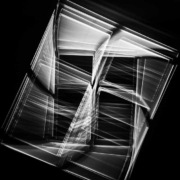

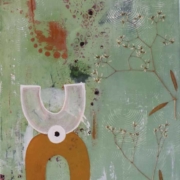
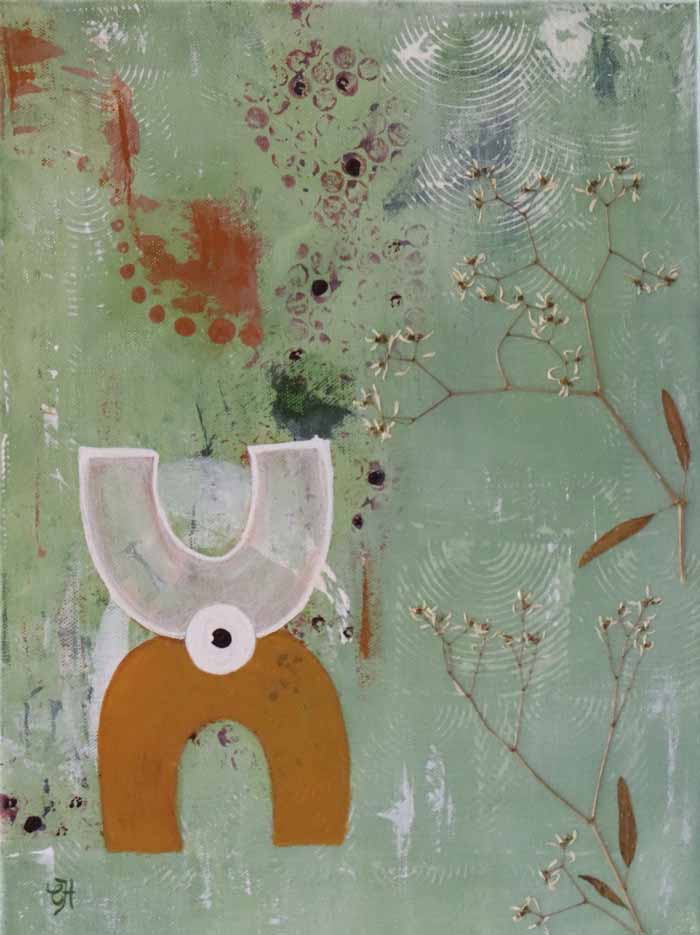
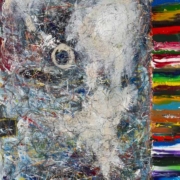
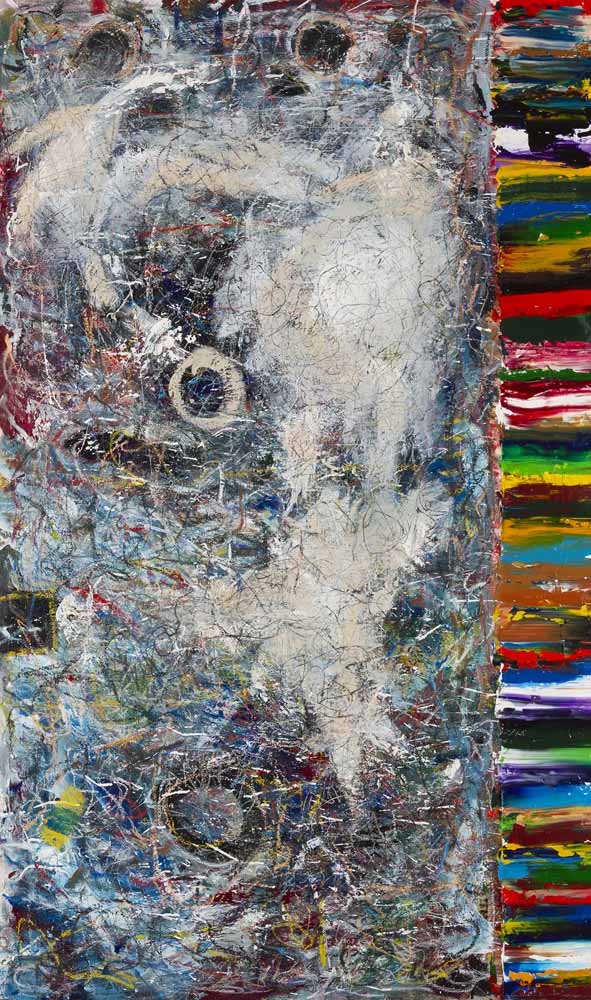
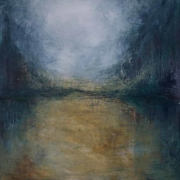
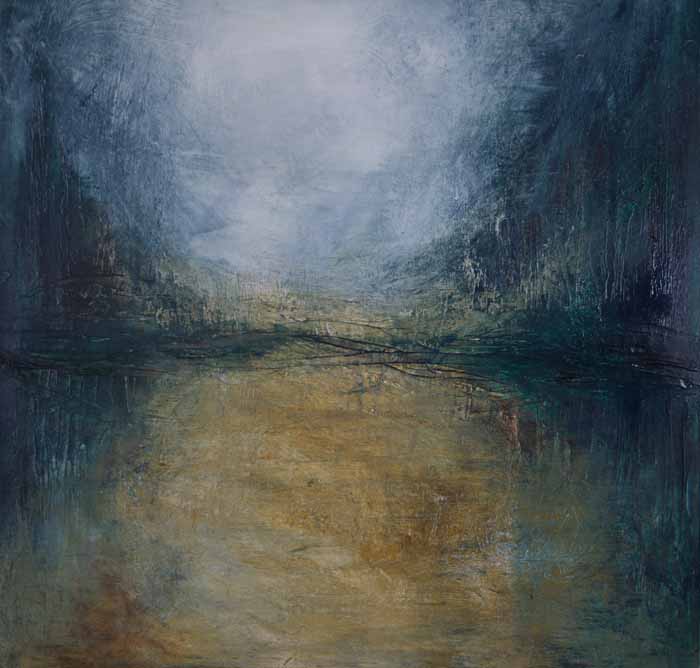
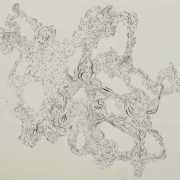
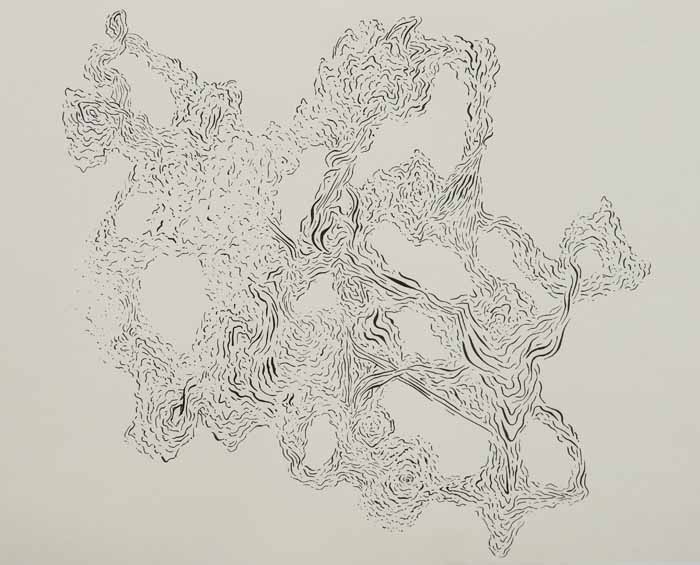
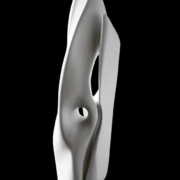
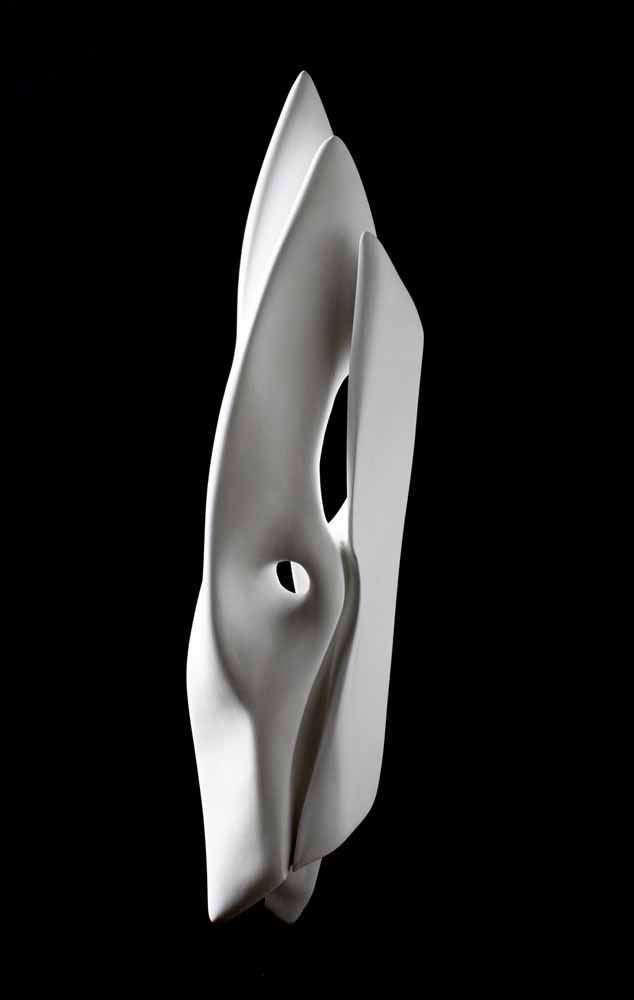
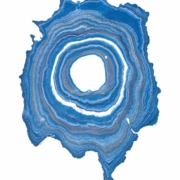
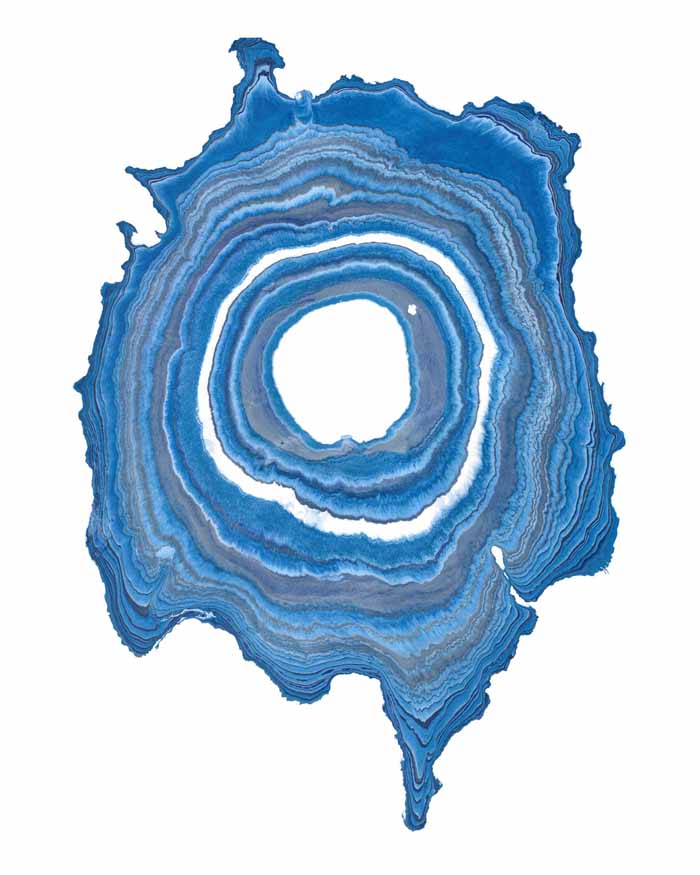
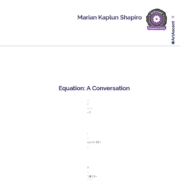
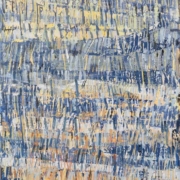
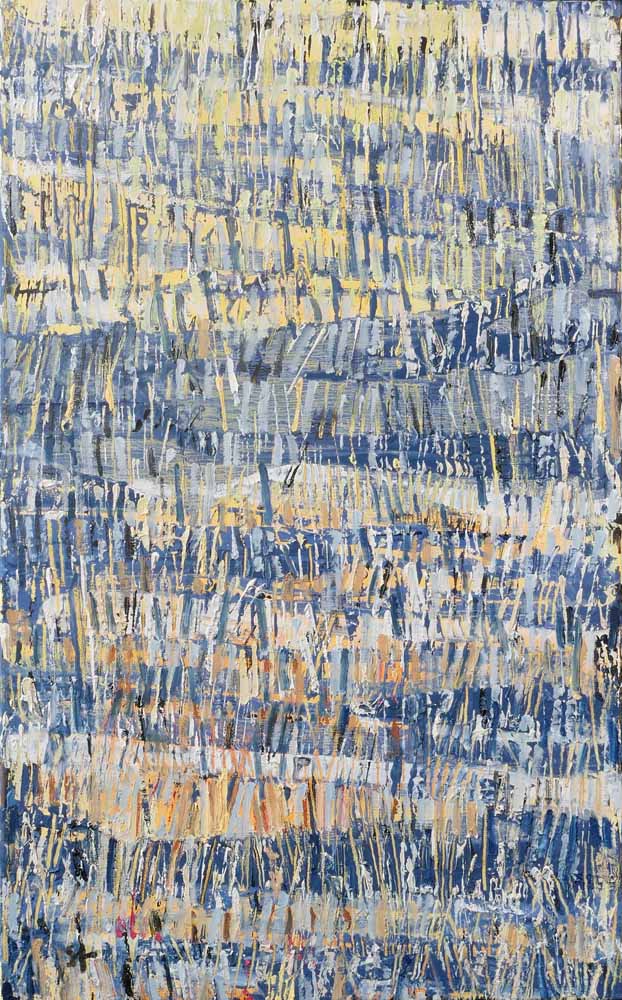
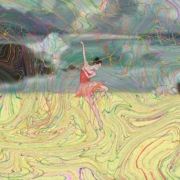
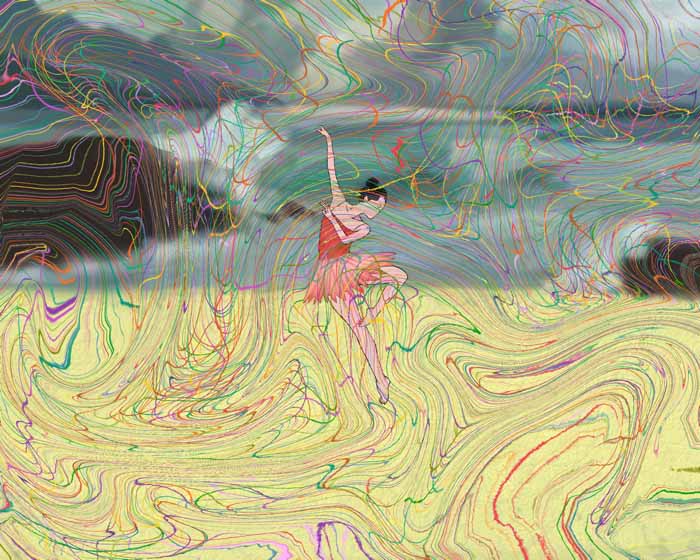
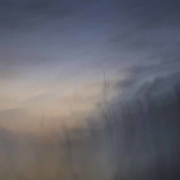
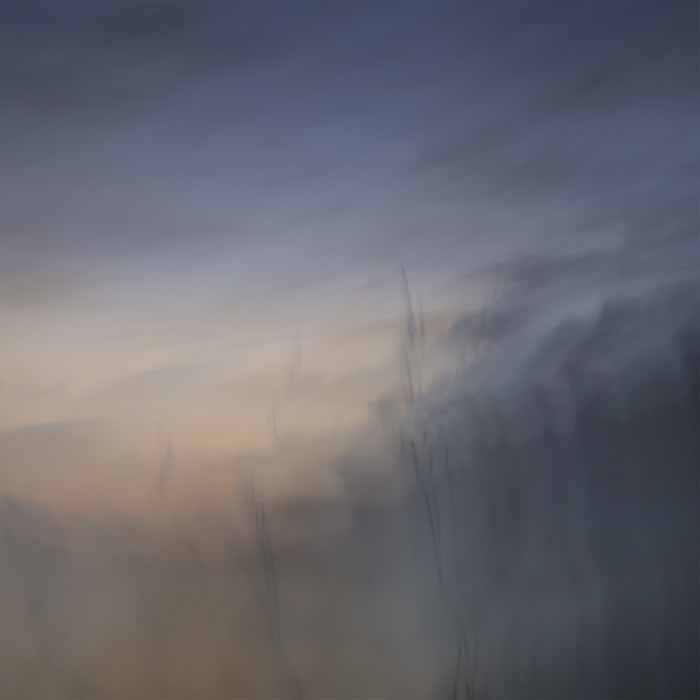

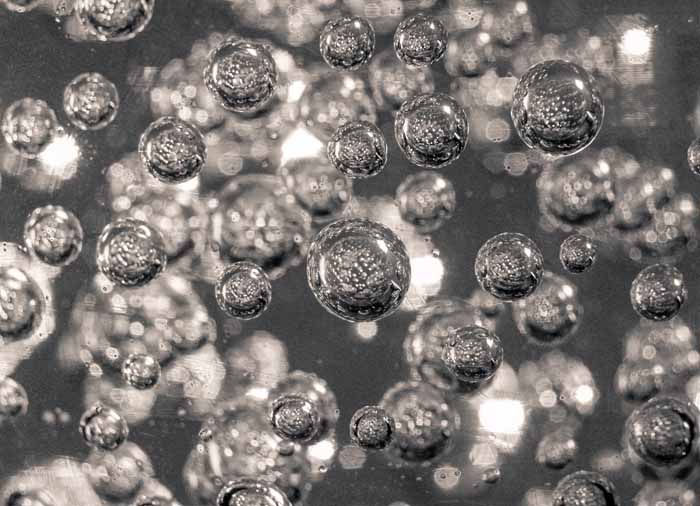
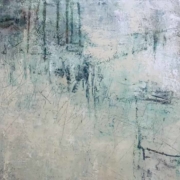
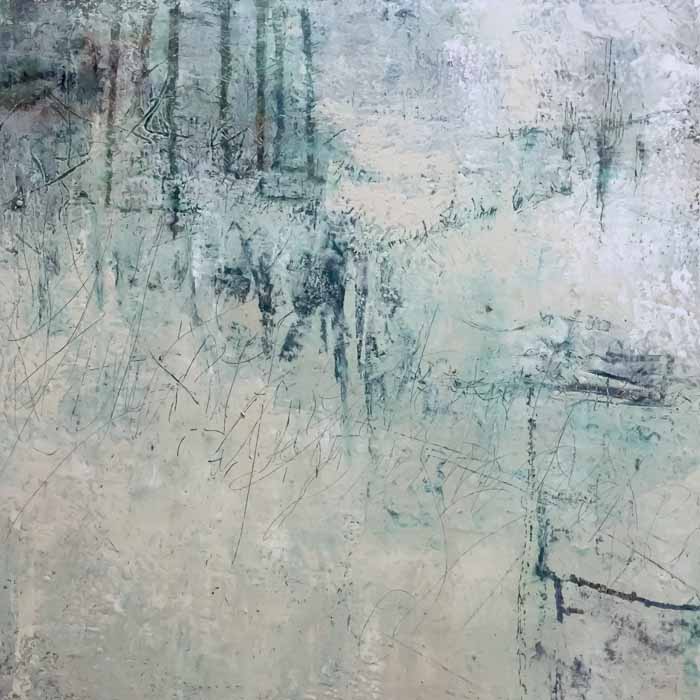

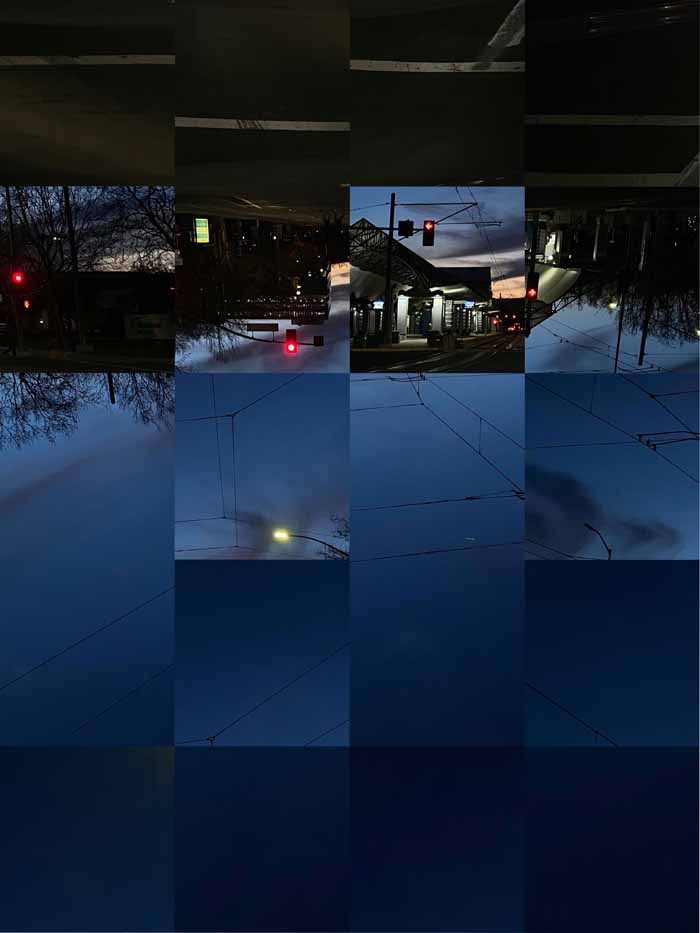
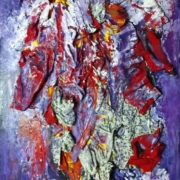
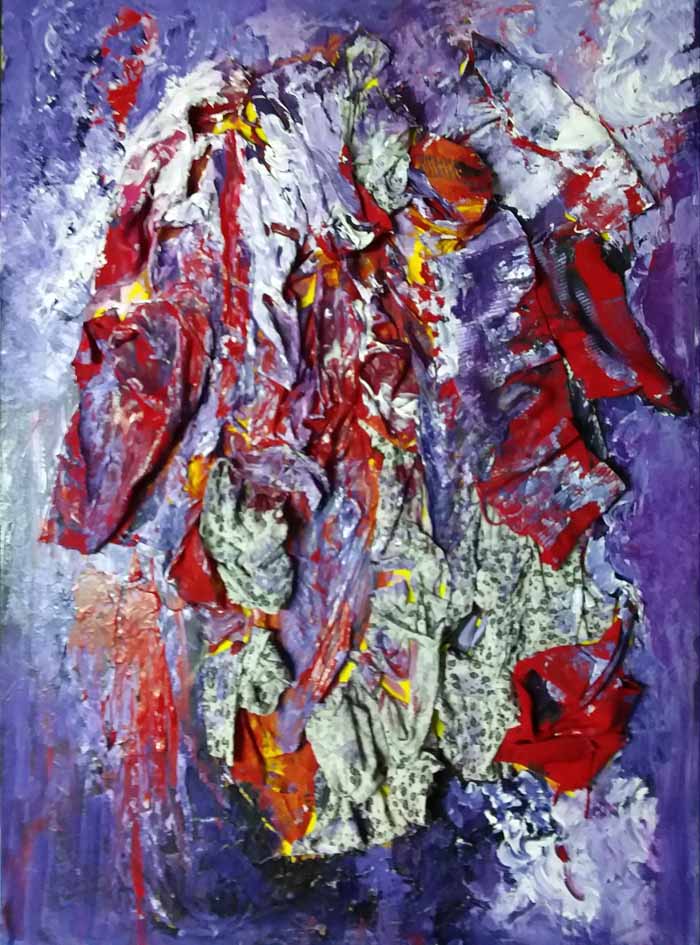
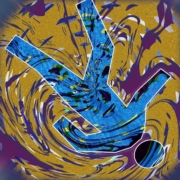
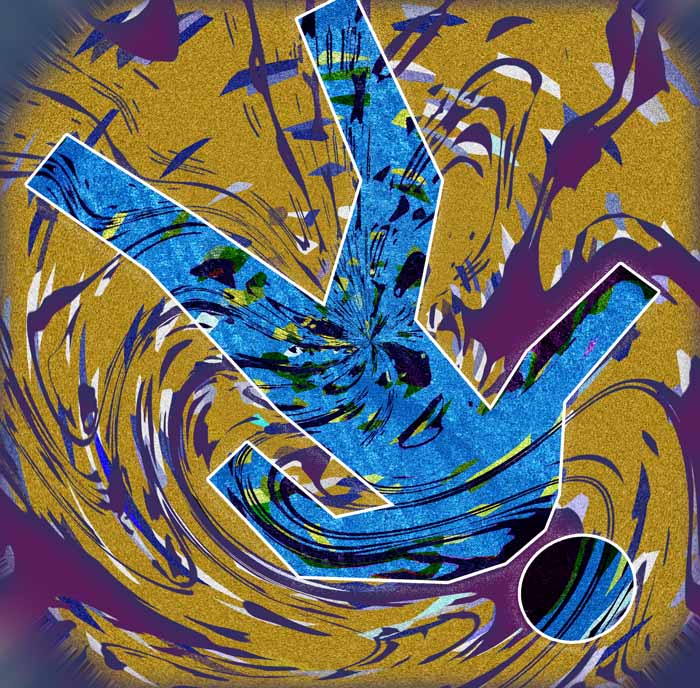
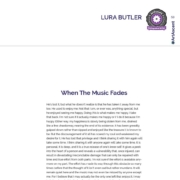
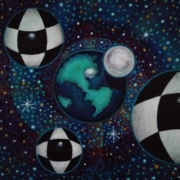
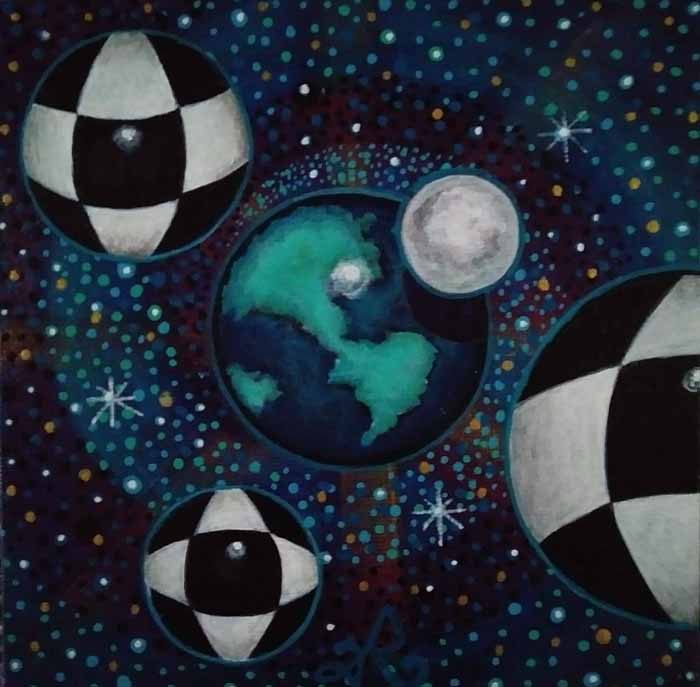
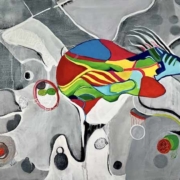
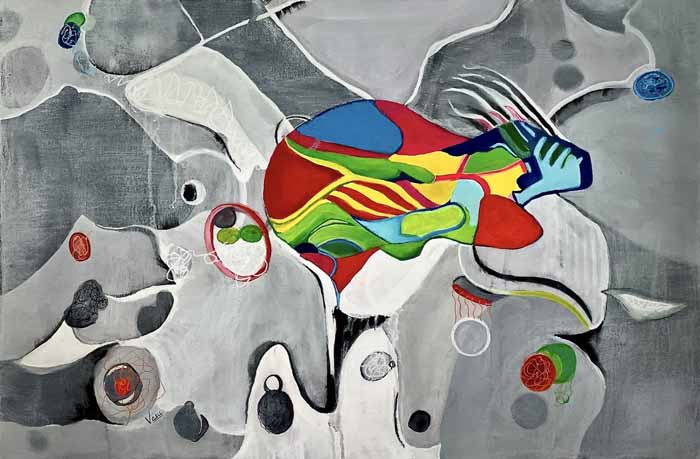
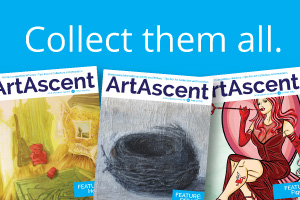

Recent Comments